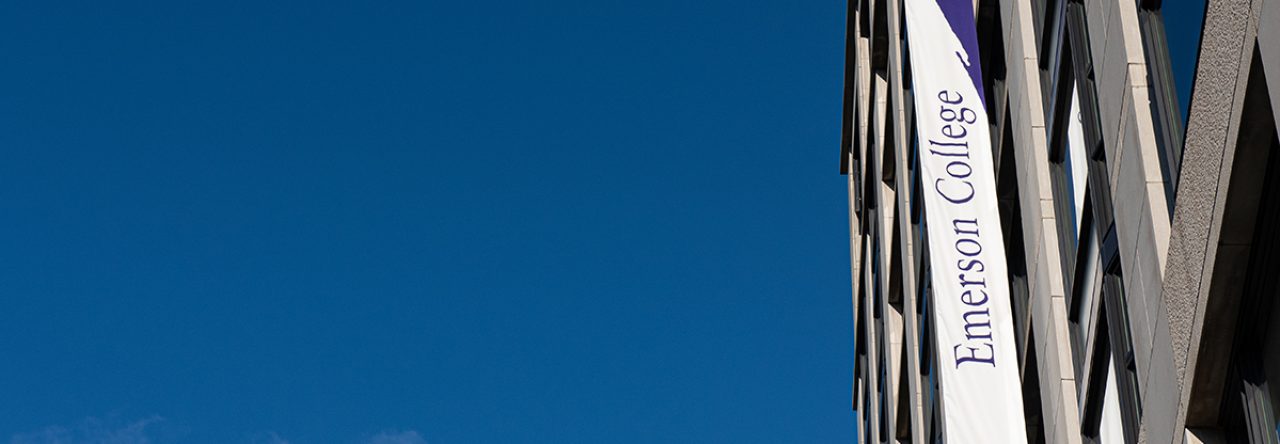Federal Grants and the Fly America Act

Summary of Requirement: All Emerson travel that is funded by the federal government must meet the Fly America Act guidelines. The Fly America Act Guidelines dictate that all travel must be via a U.S. flag air carrier (including the use of code share flights) to the furthest point towards their final destination, regardless of cost or convenience.
Compliance with the Fly America Act is the responsibility of each department. All travel booked through Emerson’s preferred travel vendor (SAP Concur) will be pre-vetted for compliance with the Act, when necessary.
Exceptions to the Fly America Act: Travel that is to be reimbursed from federal grants and contracts must be booked through U.S. carriers except in the following circumstances:
- When the use of U.S. carrier service would extend travel time (including delay at origin) by 24 hours or more
- When the costs of transportation are reimbursed in full by a third party, such as a foreign government or an international agency
- When U.S. carriers do not offer nonstop or direct service between origin and destination. However, a U.S. carrier must be used on every portion of the route where it provides service unless, when compared to using a foreign air carrier, such use would:
- Increase the number of aircraft changes outside the United States by two or more
- Extend travel time by at least six hours or more
- Require a connecting time of four hours or more at an overseas interchange point.
With the many code sharing arrangements among airlines, compliance can be both complicated and difficult to monitor. If a traveler is flying under the Fly America Act and they select a foreign carrier, a justification form typically is completed. Some exceptions that may apply include:
- When there is no nonstop or direct service offered by a U.S. carrier
- When travel solely outside the US increases the number of aircraft changes en route to more than two
- When the passenger’s travel time is extended by a least 6 hours
- When the connecting time is 4 hours or more at an overseas interchange point.
Open Skies Agreement
The Open Skies Agreement is an exception to the Fly America Act.
The U.S. Government has entered into several agreements that allow federal funded transportation services for travel to use foreign air carriers under certain circumstances. There are currently four bilateral/multilateral Open Skies Agreements in effect: European Union, Australia, Switzerland and Japan.
When an Open Skies Agreement is in place between the United States and the government of foreign country, a foreign carrier can be used if:
- It’s airline is a member state carrier
- Transportation is
- Between the U.S. and any point in the member state
- Between two points outside the U.S. provided that funding is not provided by the Secretary of Defense or the Secretary of a military department.
Further Resources (click links below):
Questions: Contact ORCS.
